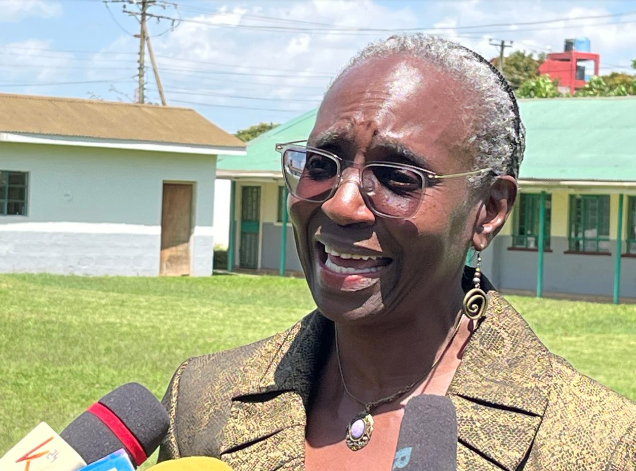

Organ transplant facilities across the country are not subjected to regular inspections after their initial certification, a report has shown.
The report by the Committee on Tissue and Organ Transplant Services said the situation is creating opportunities for unethical practices.
The report highlights the absence of a unified legal or regulatory authority to oversee transplant services in the country effectively.
Instead, regulatory responsibilities are fragmented among multiple agencies with unclear mandates and poor coordination.
“Most transplant facilities are not regularly inspected after initial certification, and there is no national transplant registry,” the report states.
The committee further revealed that critical transplant specialities—such as clinical pathology and immunology—are neither adequately recognised nor regulated, undermining oversight and increasing risks of malpractice.
The Committee, chaired by Prof. Elizabeth Anne Bukusi, was established to evaluate the ethical, legal, and clinical frameworks governing organ and tissue transplant services in Kenya.
The review was prompted by growing public concerns and allegations related to malpractice, including fears of organ trafficking and unethical transplant procedures.
The findings paint a concerning picture of the sector, showing only 25 per cent of kidney transplant facilities had fully trained, dedicated multidisciplinary teams.
The report also noted that approximately 45 per cent of facilities lacked Standard Operating Procedures (SOPs).
It said nearly 60 per cent exhibited poor documentation of transplant processes, including consent and clinical review.
“Only 30 per cent had systems in place for donor follow-up.”
None offered structured post-donation medical or psychological support.
“Kenya’s transplant landscape is marked by inadequate clinical standards, weak donor care systems, insufficient infrastructure, and poor documentation,” the report concluded.
In its report, the Committee highlighted that the country’s current organ donation system is severely limited, noting that most transplants are dependent on living, related donors.
The committee members comprise a diverse group of experts, including clinicians, legal professionals, ethicists, public health specialists, and a patient advocate.
It was appointed by Health Cabinet Secretary Aden Duale to assess the extent to which transplant services in Kenya adhere to ethical and legal standards.












